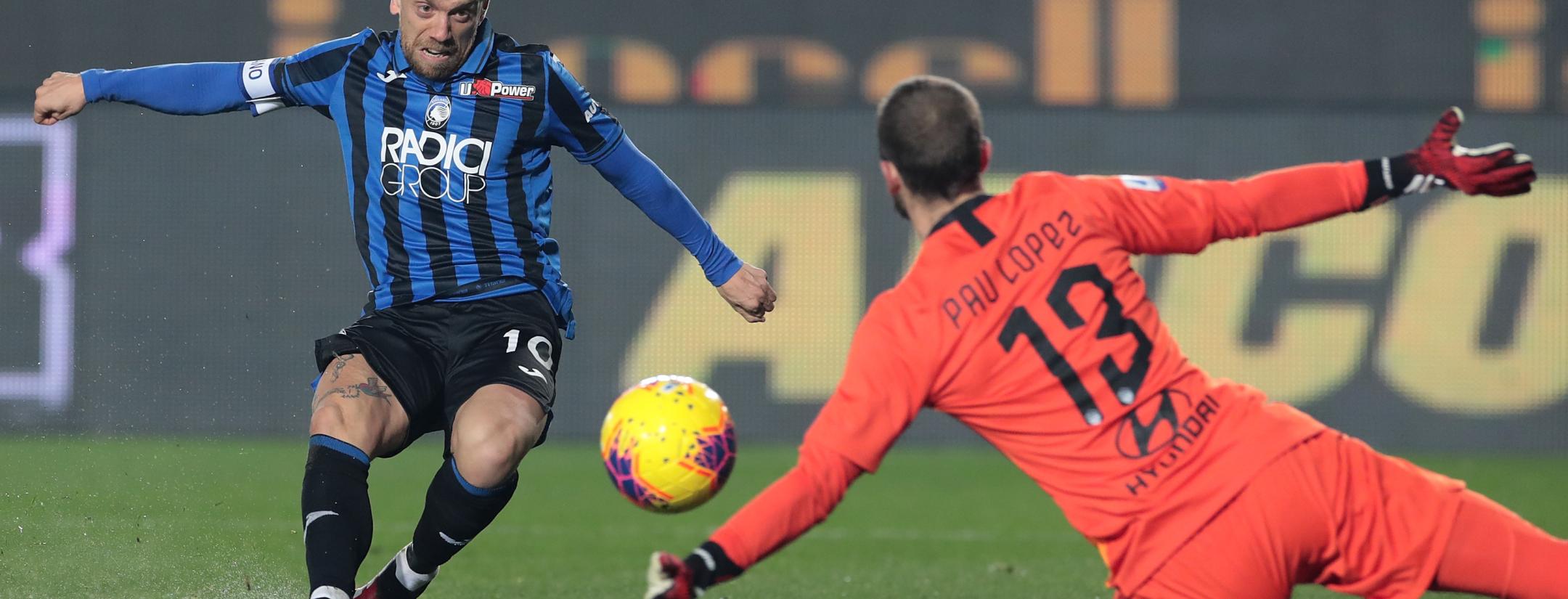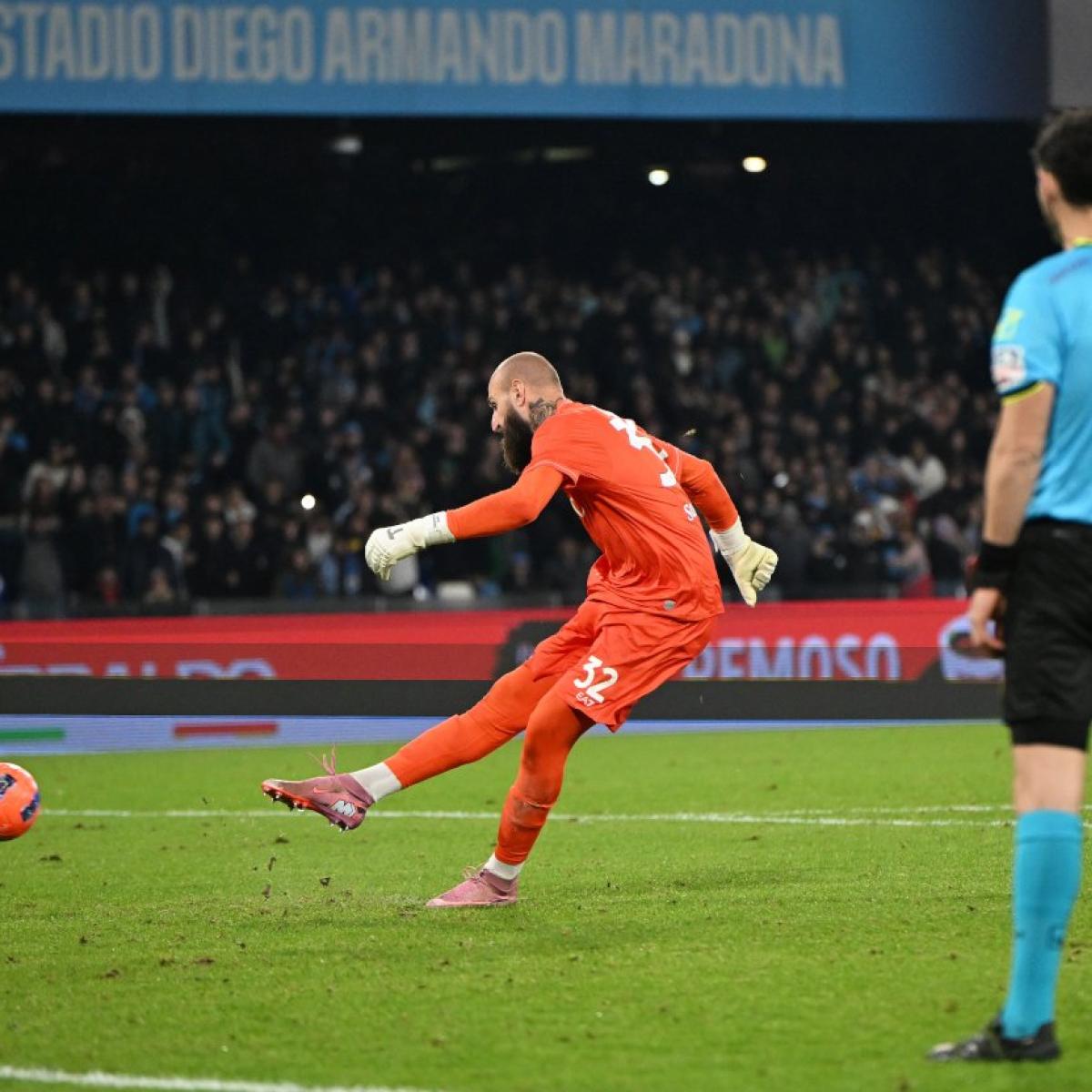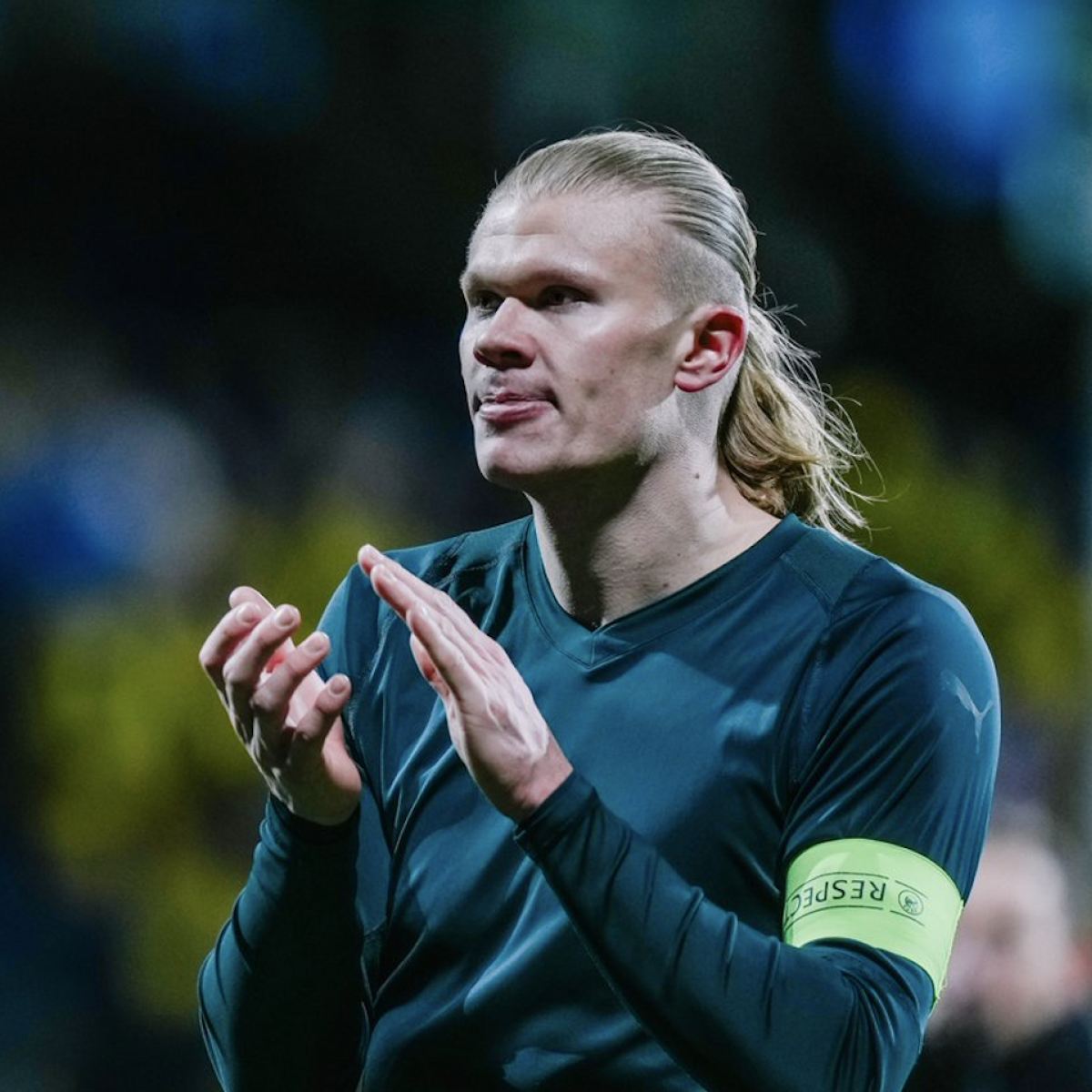As Italian football prepares to resume on Friday with the Coppa Italia semifinals followed by Serie A on June 20, the sport does so under the shadow of a national death toll that’s now surpassed 34,000.
The hardest hit region — and home of Italy’s first confirmed case — remains Lombardy, where the pandemic is now localized with an outlier total of 192 new cases on Monday (Lazio was second highest with 23).
Within the Lombardy region is the city of Bergamo, where over half of the people tested now have COVID-19 antibodies. Bergamo is also home to Serie A side Atalanta, which made global headlines back in March while playing Valencia in the Champions League Round of 16.
On the pitch, Atalanta — competing in Europe’s premier competition for the first time in its 112-year history — continued its dream run by defeating Los Che 8-4 on aggregate.
Off the pitch, the first leg in Milan has been labelled “Game Zero” by medical experts as around one-third of Bergamo’s population (40,000 of 120,287) unwittingly worked as a “biological bomb” at the San Siro while people back home gathered together in houses and bars to watch the biggest game in club history.
Although the second leg in Valencia was played behind closed doors, the damage had effectively already been done (Atalanta manager Gian Piero Gasperini even admitted to coaching in Spain while struggling with coronavirus symptoms).
For Atalanta and its supporters, joy in the historic victory was quickly tempered by a growing realization of the devastating threat facing us all.
“We were happy at first,” Atalanta defender Mattia Caldera told L’Eco di Bergamo. “To reach the quarterfinals of the Champions League would have been unimaginable even a few months earlier. But as soon as we touched down in Bergamo, that happiness vanished almost completely.”
Lombardy, roughly the size of Vermont, has recorded 16,270 COVID-19 deaths, which is almost four times more than the second-highest total of Emilia-Romagna. The pain, fear and uncertainty has been more pronounced here than perhaps any place in the Western world, and unlike many other parts of Italy, the numbers show those feelings remain largely inescapable.
That’s why, for beloved Argentine captain Papu Gómez, the return of Italian football represents so much.
“It’s a huge responsibility to have, also to be an example,” Gomez told La Gazzetta dello Sport. “Bergamo has suffered a lot. I never had the doubt of leaving the city. Not just because the pandemic came to Argentina or because training could resume at any given moment.
“It’s a task but not a weight. We must try to continue doing the extraordinary things we were doing, and that we had to stop halfway. We are in the limelight, but we have been in the past few years. For us, the resumption means the possibility of restoring joy for those who have suffered in these months.
“We can’t replace the dead, erase the pain, but just give a little joy, make people think of something else for a few hours. Bergamo misses football too; they breathe football and live for football. But without forgetting.”
And although Lombardy remains an outlier when compared to the rest of Italy, there’s still hope for a light at the end of the tunnel with how things are currently trending.
“If you had asked me two months ago, I would have given a different answer,” Gomez said with regards to football’s return. “Now that security has increased and the virus seems less aggressive, I’ll say I’m in favor. Serie A is an industry that moves millions across the country. There are many people who need football to live, not just footballers.”
Atalanta is currently in fourth, six points behind Inter and three above Roma. La Dea returns on Sunday, June 21, against Sassuolo, followed by a massive game against second-place Lazio on June 24.
There’s still no official word on when Atalanta’s Champions League quarterfinal could be played.




